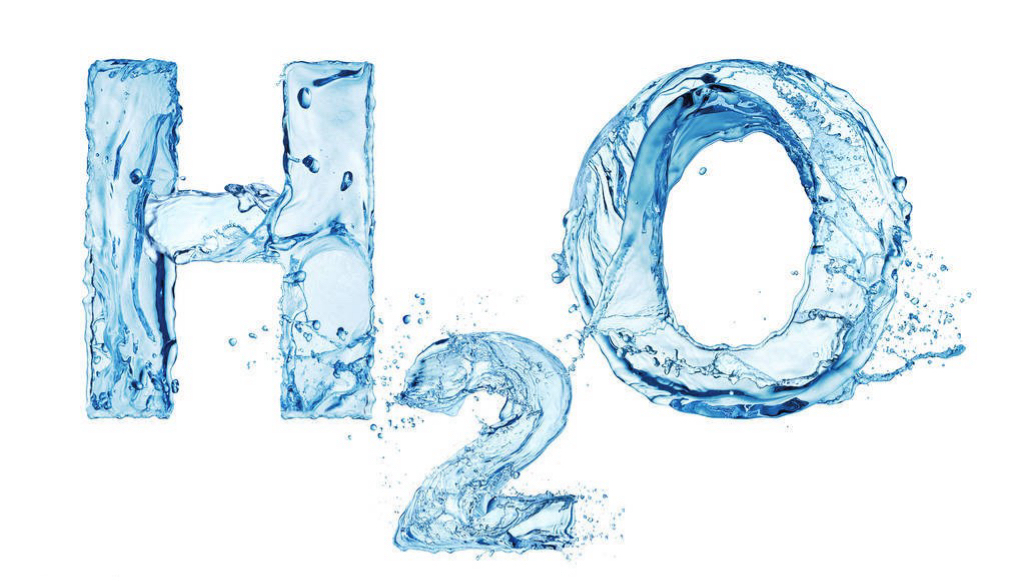How to Hydrate Effectively After Heat and Heavy Sweating?
Author: Anchor Posted at: 6/24/2024
Proper hydration is crucial after exposure to heat and heavy sweating during intense exercise. Sweating not only leads to water loss but also depletes essential electrolytes like sodium, potassium, and magnesium. This article explores how to rehydrate effectively to maintain optimal body function after such conditions.
1. Understanding the Impact of Sweating
Sweating helps regulate body temperature but also results in significant fluid and electrolyte loss. Extended activity in high temperatures or intense exercise can cause dehydration and electrolyte imbalance, leading to fatigue, headaches, muscle cramps, and severe health issues. Effective hydration should not only replenish lost fluids but also restore electrolyte balance.
2. Optimal Hydration Timing
Rehydrate within 15-30 Minutes Post-Exercise
: Start rehydrating as soon as possible within 15 to 30 minutes after exercise or heavy sweating. This helps quickly restore fluid balance.
Sip Slowly
: Avoid chugging large amounts of water at once. Sipping water gradually helps prevent stomach discomfort and enhances absorption.
3. Hydration Strategies
Sip Slowly and Steadily
: Drink water in small sips, filling 80% of the mouth, allowing water to mix thoroughly before swallowing. This helps the digestive tract signal and absorb water effectively.
Wait 15 Seconds Between Sips
: Pause for 15 seconds after each sip to promote gradual absorption and prevent quick excretion.
4. Choosing the Right Beverages
Combine Water and Electrolyte Drinks
: Plain water might not be sufficient, especially after high heat or intense exercise. Use electrolyte drinks to replenish lost minerals.
Avoid High-Sugar Drinks
: High-sugar beverages can worsen dehydration and disrupt fluid balance. Opt for low or no-sugar electrolyte drinks.
5. Determining Hydration Amount
Hydrate Based on Need
: Research suggests replacing 1.5 liters of water for every kilogram of body weight lost. Weigh yourself before and after exercise to estimate fluid loss accurately.
Maintain Daily Hydration
: Regularly hydrate with a recommended daily intake of 2.7 liters (women) to 3.7 liters (men), adjusting for heat or exercise.
6. Hydration Tips
Monitor Urine Color
: Check urine color to gauge hydration. Pale yellow indicates proper hydration, while darker colors suggest a need for more water.
Listen to Your Body
: Respond promptly to signs of dehydration like thirst, dry skin, and dizziness by hydrating immediately.
Conclusion
Effective hydration after heat and heavy sweating involves not just replenishing fluids but also restoring electrolyte balance to ensure the body's proper function. By following these strategies, you can maintain optimal health and performance, avoiding dehydration and electrolyte imbalances.

Slug: how-to-hydrate-effectively-after-heat-and-heavy-sweating